Research philosophy deals with the source, nature and development of knowledge. In simple terms, a research philosophy is belief about the ways in which data about a phenomenon should be collected, analysed and used.
Although the idea of knowledge creation may appear to be profound, you are engaged in knowledge creation as part of completing your dissertation. You will collect secondary and primary data and engage in data analysis to answer the research question and this answer marks the creation of new knowledge.
In essence, addressing research philosophy in your dissertation involves being aware and formulating your beliefs and assumptions. As it is illustrated in figure below, the identification of the research philosophy is positioned at the outer layer of the ‘research onion, accordingly it is the first topic to be clarified in research methodology chapter of your dissertation.
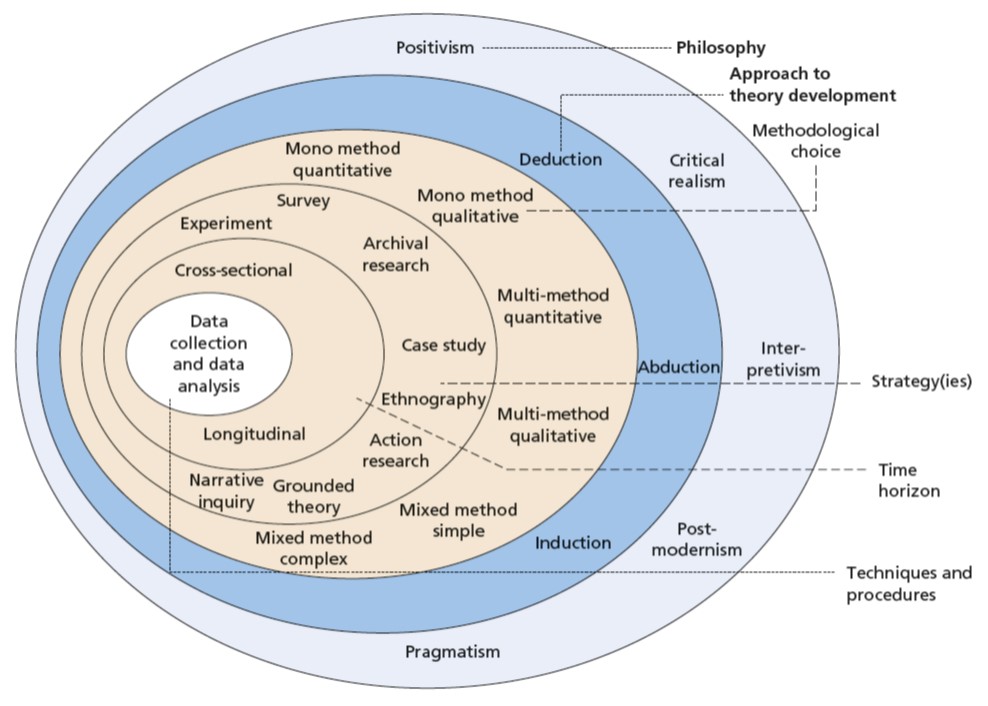
Research philosophy in the ‘research onion’
There are different types of research philosophy, which are described below:
Reference
- Saunders, M., Lewis, P., & Thornhill, A. (2009). Research methods for business students (5th ed., pp. 1–617). England: Pearson. Retrieved from http://ebooks.narotama.ac.id/files/Research Methods for Business Students (5th Edition)/Cover %26 Table of Contents – Research Methods for Business Students (5th Edition).pdf.

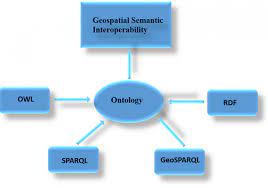
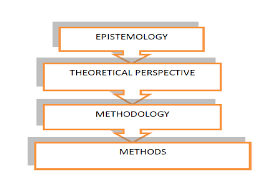







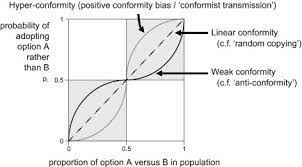






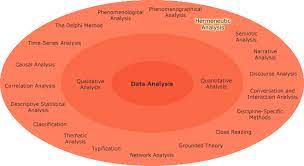
















23 Jul 2021
23 Jul 2021
23 Jul 2021
23 Jul 2021
23 Jul 2021
23 Jul 2021